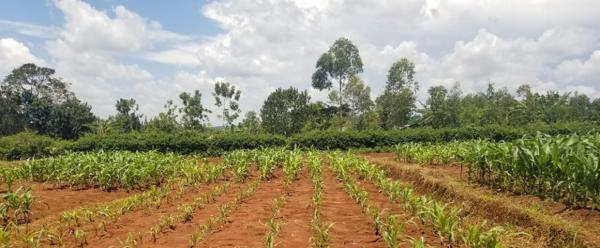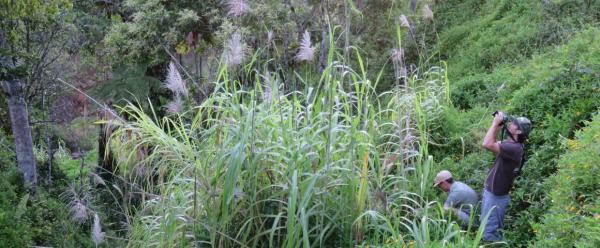Just out 3 February 2026
- Home
- Press area
- Press releases
- Rethinking innovation in terms of “doing without, doing with less”
Rethinking innovation in terms of “doing without, doing with less”
 Couv CP innovation.png)
© Gilles Mustar, 2022
In 2012, taking no-till agriculture as an example, we suggested the notion of innovation by withdrawal. We wanted to draw attention to the fact that withdrawing existing technologies could be the starting point for innovation, whereas innovation has traditionally been associated with introducing new things.
So how can we do without, or do with less? While it is well known that the adoption of anything new depends on a range of complex phenomena, succeeding in partly or totally withdrawing what currently exists is not an easy matter either. “This triggers a series of cascading processes, and requires highly specific engineering. For instance, making agriculture less dependent on pesticides means generating knowledge in many fields, developing alternatives, redesigning production systems, changing regulatory frameworks, building new value chains, etc. We cannot abandon certain technologies without adopting others in their place, or other stakeholder chains, or other ways of generating value.” And this applies to many fields: energy, transport, health, packaging, and many others that are covered in the book. In every case, those changes occur over a very lengthy timeframe, which partly explains the current success of the notion of transition.
This book is split into five parts:
- The first covers historic and conceptual frameworks, looking back over the eventful history of the notion of innovation, and sociotechnical transition approaches.
- The second looks at the mechanisms for detachment, particularly social mobilization in favour of withdrawal and the development of alternatives in the fields of food, packaging and energy.
- The third considers the intensity of detachment processes, particularly in the fields of health – human, plant and animal –, in line with the debate on vaccines, pesticides and antibiotics
- The fourth addresses the question of de-intermediation, for instance by developing short circuits based on removing middlemen and building more direct peer-to-peer relationships between producers and consumers, or setting up an alternative to centralized databases in the agricultural sector.
- The last looks at the question of resistance to withdrawal, including the strategies adopted by industry to hold back moves to ban certain substances or technologies.
About the authors
Frédéric Goulet is a sociologist working for the French Agricultural Research Centre for International Development (CIRAD). His research focuses on scientific and technological transformations des sciences applied to the agricultural sector
Dominique Vinck is a tutor in social studies of science and technology at the University of Lausanne. His research centres on the sociology of science and innovation. He is Editor-in-Chief of the Revue d’Anthropologie des Connaissances.

























 CP Innov ENG.png)


